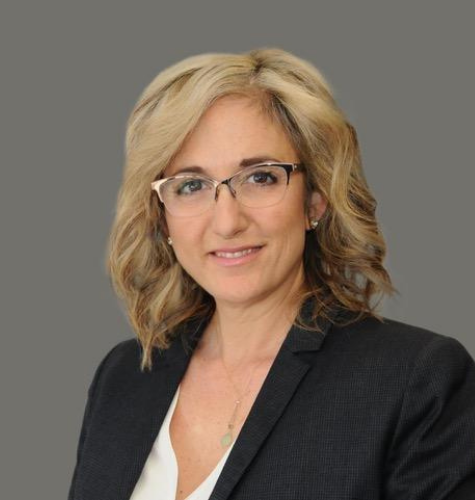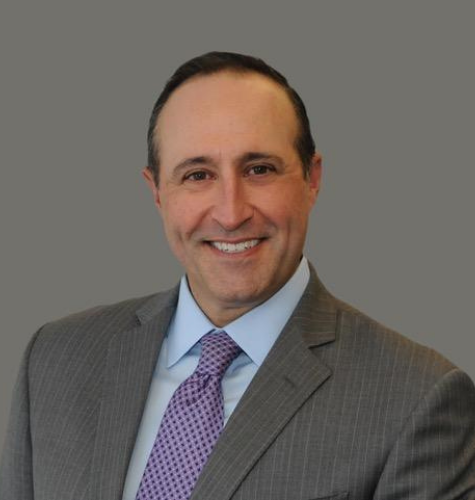Contact:
Alison Arden Besunder
212-695-8100, ext. 289
[email protected]
Planning for Digital Assets: Does Anybody Know Your Passwords?
On any given day, you likely log on to more than a dozen internet sites, each of which require a username and password that only you know. When you are incapacitated or die, all that password protection safety can create practical difficulties. It is likely your estate will include digital assets, for example online financial accounts, domain names and websites, as well as assets that have practical or sentimental value, such as e-mail accounts, photographs, social media, and electronic communications. These assets all present unique challenges to an executor.
First, how do you marshal (i.e. collect) such assets? Digital assets are intangible and leave little if any paper trail or tangible footprint. A Nominated Executor’s appointment by the Court may not be finalized by the time the online service provider’s terms of use allow for a lapse of material in the online account, causing a race against the clock. If the decedent elected to have paperless statements, the Executor won’t be able to identify accounts or other assets simply by collecting the mail (like in the old days). Some service providers will not allow access to a decedent’s email account absent a court order, even if the executor has been appointed.
The best way to help your Executor properly administrate your estate is to keep an inventory of important digital accounts and assets. You can keep them in a spreadsheet or other paper document with your important estate papers (reducing the likelihood that any mischief-doers would obtain unauthorized access to your user name and passwords). Some suggestions for the list are below:
- Email information: List all your email accounts, the purpose for each account (i.e., start up businesses, personal, junk mail), and the username and password.
- Digital photos and movies: Identify where you store your digital photos and videos in your computer, any photo sharing sites you use (with username and password), and the location of any backup or external drives.
- Online financial information: Identify any online bank or investment accounts, your username and password, and your account number. You should also identify any PayPal account or other online purchasing account.
- Computer and phone information: List your computers, tablets, smart phones, and the username, passwords, and pins for each device.
- Social networks: Identify your social networks that you use with your username and password. You should also indicate your wishes as to whether you want your networks to be disabled after your death or maintained. If you want it maintained, who would you like responsible for continuing the profile and for what purpose? Note that Facebook now allows for specific profiles for these circumstances.
- Blogs, Websites and Domain names: Do you maintain a blog? A website? Indicate the registrar/host for the website and the username/password for the blog. Also note how you would like the blog and website handled in the event of death or disability.
Goetz Fitzpatrick has been practicing law throughout the New York Metropolitan area and The Hamptons, since 1967. The firm has deep expertise in Construction and Real Estate, as well as Corporate, Bankruptcy, Trust & Estates and Labor & Employment. The firm’s office is located at One Penn Plaza, Suite 3100, New York, NY 10119, Telephone 212 695 8100.






